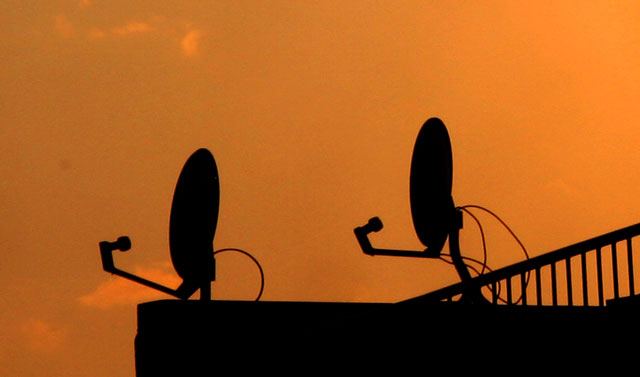
DStv operator MultiChoice is facing fresh allegations of anticompetitive behaviour, this time in Kenya, after rivals Wananchi Group and StarTimes accused the broadcaster of anticompetitive abuses in locking up key football rights.
Wananchi Group, which owns Zuku TV, has written to the Communication Commission of Kenya (CCK) and the country’s competition watchdog to complain.
“We have written to the regulators, both the CCK and the Competition Authority of Kenya, informing them that we will be lodging a formal complaint about anticompetitive practice by DStv,” Wananchi is quoted as saying.
“Our experts, both legal and economic, have been appointed and are compiling a detailed dossier which will be lodged within the next three months.”
MultiChoice Africa stands accused of “locking up premium content such as the English Premier League and the Tusker Premier League” and using the exclusive rights to “monopolise the market”.
In reaction, MultiChoice Africa executive chairman Nolo Letele is quoted by the Daily Nation newspaper as saying that exclusivity is the driver of the pay-TV market.
The CCK’s director-general, Francis Wangusi, is quoted as saying that there are no regulations in Kenya that require the sharing of content among pay-TV operators and that such regulations are not common worldwide.
In South Africa, MultiChoice rival On Digital Media, which owns the struggling TopTV platform, has lodged a similar complaint with the Competition Commission, accusing the DStv operator of anticompetitive behaviour after it allegedly refused to provide it with access to two SuperSport channels under licence. It is also facing allegations of anticompetitive behaviour in Botswana. Source: Daily Nation
Ethiopia signs R8bn ZTE deal
Ethiopia has given an US$800m (R8bn) contract to China’s ZTE to expand mobile coverage. State-owned Ethio Telecom, which is the only licensed mobile operator in the East African nation, awarded the contract.
The deal is expected to grow the number of mobile users in Ethiopia to more than 50m, increase 3G Internet access and introduce 4G services in the capital, Addis Ababa.
Fewer than 1% of Ethiopians have access to the Internet on their phones, while only 23% of the population owns a cellphone, according to International Telecommunication Union data. Source: BBC News
Safaricom eyes Kenya rental market
Kenya’s largest mobile operator, Safaricom, has introduced a mobile phone-based rent collection and payment service as it eyes the East African country’s KSh17,2bn (R2bn) rental market.
Users will pay KSh6 (about R0,70) for transactions up to KSh5 000 (R584) and KSh220 (R25,75) for amounts of between KSh50 000 (R5 851)and KSh70 000 (R8 178). The move is part of Safaricom’s plan to broaden mobile financial services.
In 2012, 18% of Safaricom’s income came from money transfer services. Source: Daily Nation
MTN Ghana to compensate customers
Ghana’s National Communications Authority has directed MTN, the country’s largest mobile operator, to compensate subscribers affected by network disruptions earlier this month.
“We wish to assure our customers that, in accordance with the requirements of MTN’s licence, we will offer a percentage of the service charge to our cherished subscribers who were unfortunately affected by the unplanned network disruption,” the operator said in a statement. Source: GhanaWeb




